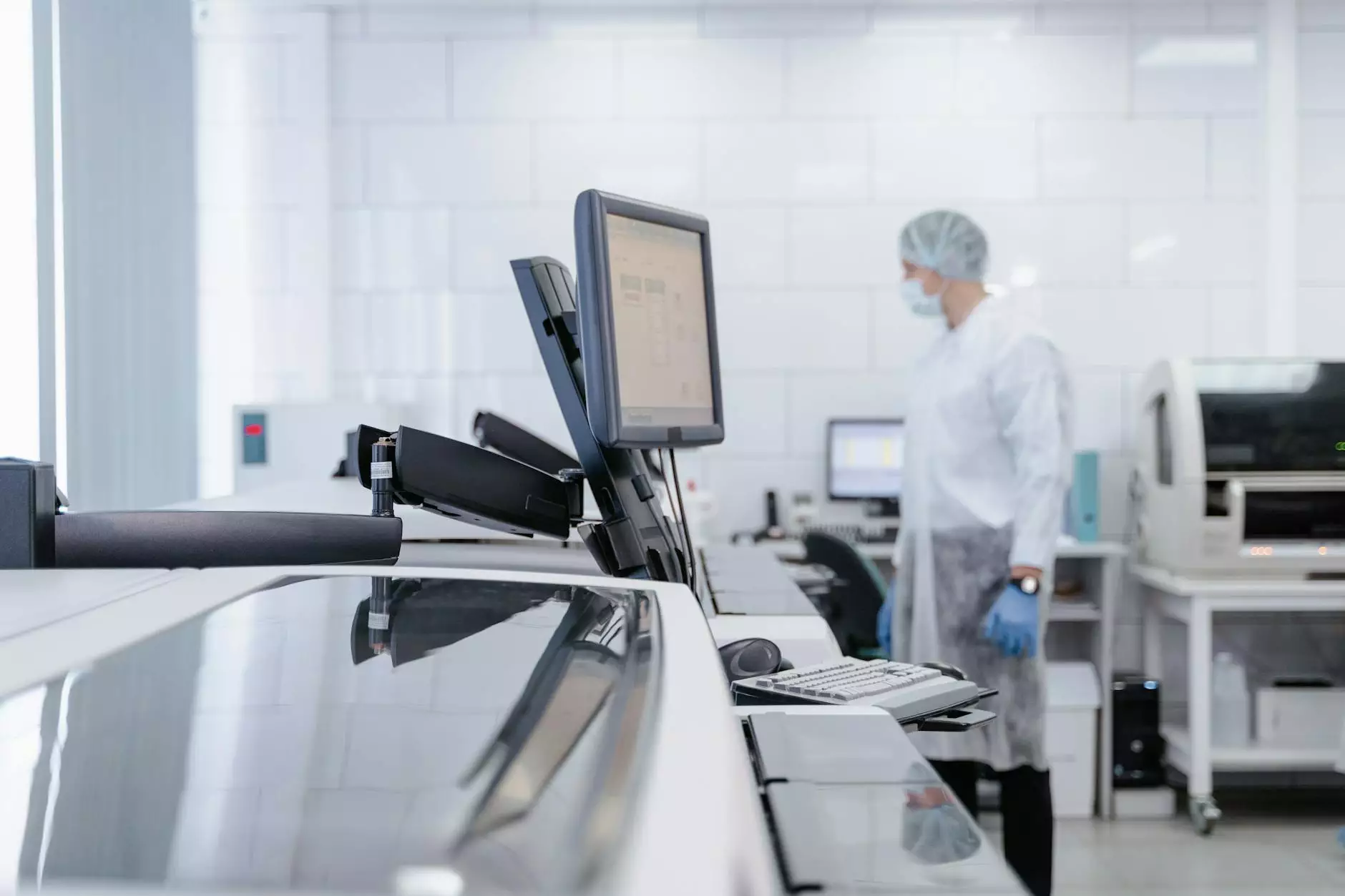Exploring the Power of 3D Printing with Fortus Technology

In today's fast-paced world, the landscape of manufacturing is evolving rapidly. One of the most significant advancements in this field is 3D printing. Among the leading technologies driving this transformation is Fortus, a name synonymous with strength and innovation in additive manufacturing. In this comprehensive article, we will delve into the features, benefits, and applications of Fortus technology in 3D printing, aiming to showcase its pivotal role in modern business.
The Evolution of 3D Printing Technology
The journey of 3D printing began in the 1980s with simple rapid prototyping methods. Over the decades, this technology has evolved to create intricate designs and functional parts across various industries. The term additive manufacturing describes the process of building objects layer by layer, allowing for unparalleled creativity and customization.
What is Fortus?
The term Fortus refers to a series of advanced 3D printers developed by Stratasys, designed specifically for robust manufacturing processes. These systems leverage technologies such as Fused Deposition Modeling (FDM), which utilizes thermoplastic materials to create durable parts suitable for both prototyping and end-use applications.
Key Features of Fortus Technology
- Material Versatility:Fortus printers are compatible with a wide range of materials, including ABS, polycarbonate, and ULTEM, providing businesses with the flexibility to choose the right material for their specific needs.
- High Precision and Accuracy: The Fortus series is known for its ability to produce parts with exceptional detail, making it conducive for industries requiring precise specifications, such as aerospace and automotive.
- Large Build Volume: With options for larger build sizes, Fortus printers can create larger components in a single print, reducing the need for assembly and improving production efficiency.
- Advanced Software Integration: Utilizing advanced software tools, Fortus technology facilitates seamless design-to-print workflows, improving user experience and productivity.
Benefits of Using Fortus Technology in Business
Adopting Fortus technology can yield remarkable benefits for businesses across various sectors. Here are some of the significant advantages:
1. Cost Efficiency
By integrating Fortus 3D printing into production lines, companies can significantly reduce costs associated with material waste and labor. Traditional subtractive manufacturing methods often lead to excess waste, while additive manufacturing allows for precision that minimizes leftover materials.
2. Accelerated Time-to-Market
In industries where speed is crucial, Fortus technology enables rapid prototyping and faster production cycles. Businesses can quickly iterate on designs, producing functional prototypes that can be tested and modified swiftly. This agility not only enhances responsiveness to market demands but also helps secure a competitive edge.
3. Enhanced Innovation
The creative freedom afforded by Fortus 3D printers encourages innovation within organizations. Designers and engineers can experiment with complex geometries and unique designs that may be impossible to achieve through traditional manufacturing methods.
4. On-Demand Production
Fortus printers support the concept of on-demand production, allowing businesses to manufacture parts as needed, thus eliminating the requirement for large inventories. This not only saves on storage costs but also ensures that the parts produced are up-to-date with the latest specifications.
Applications of Fortus 3D Printing Technology
The versatility of Fortus technology enables its application across multiple industries. Here are some key sectors leveraging this powerful technology:
Aerospace and Defense
Aerospace companies are increasingly utilizing Fortus 3D printing to produce lightweight yet durable components that meet stringent safety standards. The ability to create complex geometries helps reduce weight, which is critical for fuel efficiency and performance.
Automotive
The automotive industry employs Fortus printers for rapid prototyping, tooling, and production of end-use parts. From custom components to lightweight prototypes, Fortus technology facilitates innovation in vehicle design and manufacturing processes.
Healthcare
In healthcare, Fortus technology is valuable for producing customized medical devices, prosthetics, and anatomical models for surgical planning. Its precision allows for tailor-made solutions that improve patient outcomes.
Consumer Products
Manufacturers of consumer goods utilize Fortus 3D printing to create prototypes and production parts, enabling them to bring products to market more quickly while also allowing for customization based on consumer preferences.
Fortus vs. Traditional Manufacturing
To fully appreciate the impact of Fortus technology, it is essential to compare it with traditional manufacturing methods. While subtractive manufacturing often involves cutting away materials, 3D printing builds parts layer by layer, resulting in tangible differences:
Material Usage
Traditional manufacturing can lead to significant material waste, while Fortus technology uses only the necessary amounts, promoting sustainability.
Design Freedom
With Fortus, designers can create intricate, unconventional shapes that are often infeasible with traditional methods, facilitating groundbreaking innovations.
Production Speed
Fortus technology significantly accelerates production timelines, allowing for rapid iterations that keep pace with market demands, unlike the lengthy setups required for traditional manufacturing.
The Future of 3D Printing with Fortus Technology
The future of manufacturing is undoubtedly intertwined with advancements in 3D printing. As Fortus technology continues to evolve, we can expect enhanced capabilities, such as:
- Increased Material Options: New materials for Fortus printers may expand its applications even further, accommodating more industries and use cases.
- Integration with Industry 4.0: As smart manufacturing gains traction, Fortus technology may become increasingly integrated with IoT systems, enabling data-driven production processes.
- Advancements in Automation: Automation technologies could streamline the additive manufacturing process, enhancing efficiency and reducing manual labor.
Conclusion
In summary, Fortus technology stands out as a beacon of strength and innovation in the realm of 3D printing. Its ability to transform industries through cost efficiency, design freedom, and accelerated production makes it an essential tool for modern businesses. As we embrace the future of manufacturing, Fortus 3D printing will undoubtedly play a crucial role in shaping our operational landscapes, empowering industries to become increasingly bold and brave in their endeavors.
Businesses looking to stay competitive must consider leveraging the power of Fortus technology as part of their strategic initiatives. By doing so, they will not only enhance their operational capabilities but also contribute to a more sustainable and innovative future.









